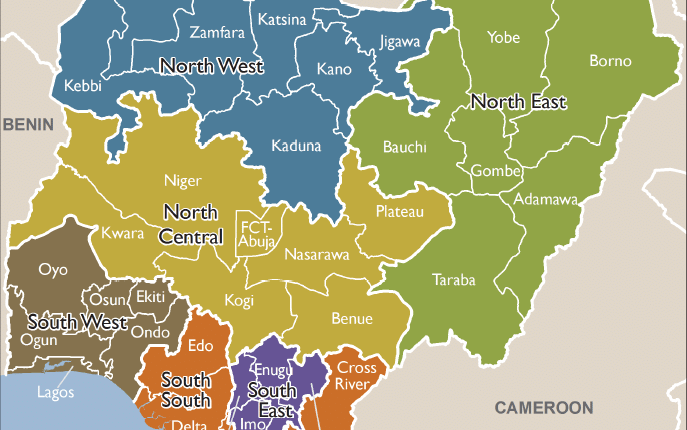Nigeria is 75 days from the 2023 general elections; one of the toughest presidential elections in its recent history as, since the country returned to democratic rule in 1999, it has contested the presidency between two major political parties. In the forthcoming elections, the presidential seat is closely contested by leading flag bearers including Peter Obi of the Labour Party, Alhaji Atiku Abubakar of the People’s Democratic Party (PDP), Bola Ahmed Tinubu of the All-Progressive Congress (APC) and Rabiu Kwankwaso of the New Nigeria Peoples Party (NNPP).
State of play
All the leading candidates in next year’s presidential race are indigenous residents of a geopolitical region of the country; Peter Obi from the Southeast, Tinubu from the Southwest, Atiku from the Northeast and Kwankwaso from the Northwest. They would count on the respective states that make up their regions to pull in at least 25 percent of the cast vote as required by the Nigerian constitution.
- However, the impacts of these regions in election results vary as the recent INEC data show that population size is simultaneously linked to participation in electoral processes.
- For example, the numerical ranking of the geopolitical region in the country correlates with the region’s position on the list of registered voters. This means, for example, the southeast, with 10.9 million registered voters, has the least number of registered voters and is also the least populous region in the country.
What’s more?
Regions with slightly related ethnicity, such as south-south and southeast, and northeast and northwest, tend to vote similarly in favour of a particular presidential candidate. In the 2019 presidential elections, Alhaji Atiku Abubakar defeated the eventual winner, President Buhari, in southeast and south-south (two regions with similar ethnicity).

